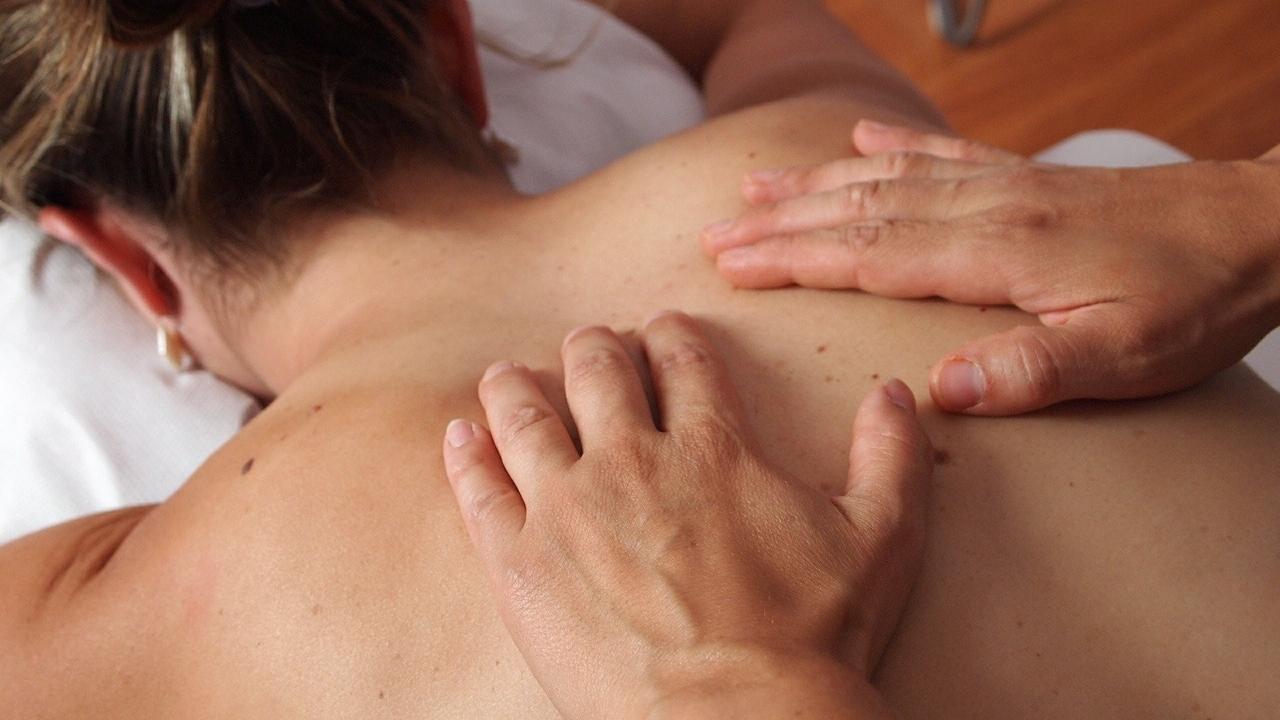
The importance of adapted massage techniques for those living with and beyond cancer
Dec 02, 2020A massage could relax most of us in some way or another. It can be an indulgent treat, a necessity for a sports injury, or a means to help tackle issues such as insomnia or sciatica. Whether you prefer deep tissue massages, hot stone treatments or a glowing facial - the benefits are plenty.
But what happens when usual means of massage aren't suitable for your client? Cancer patients is particular can't receive a 'normal' massage. The harder pressures can cause a whole host of issues for the client during and after treatment. Some cancers can also limit mobility and the positioning and comfort of this type of client is paramount.
Jennifer Young oncology touch therapy courses teach why the importance of adapted massage techniques is so crucial, from pressure to atmosphere to additional cushioning.
Read below for a first hand account of how one of our oncology massage trained therapist adapted their treatments protocols for a client who had cancer.
----------------------------------------------------------------------------------------
Janice*, 60, had been diagnosed with cancer of the thymus in 2016. She had received chemotherapy treatments and was in remission at the time of being a case study for Jennifer Young Training School oncology massage trained therapist, Harriet. Janice’s main reason for wanting to be Harriet’s case study was to enjoy an adapted cancer massage treatment that she was able to choose without fear of being turned away. Janice had been experiencing anxiety and fear since her experience with cancer began, and hoped that the adapted oncology massage would reduce this and enhance her sense of wellbeing, as well as aiding relaxation. Janice was happy that she could receive support from her therapist, and enjoyed having a much needed break from her home and the medical environment she had previously spent time in. Janice mentioned to Harriet how lovely it was to feel nourished and cared for. Harriet discussed how she felt, as a therapist, about being able to give adapted massage to individuals affected by cancer.
After the treatment, Harriet said:
“the importance of adapting treatment was paramount. Not only may people have a cancer diagnosis but they may also have other comorbidities which will influence treatment. This lady could not lie prone but also because of her unrelated hip problem found it difficult to get on and off the couch.
So, treatment was also adapted in the chair with support of pillows. Maintaining the client's comfort is of the utmost importance to ensure that the treatment is a collaborative one, allowing her choice and feeling determination for the client.
So many choices have been taken away during treatment that it is important that complementary therapy is not also delivered prescriptively.”
Using her Jennifer Young training, Harriet was able to accommodate and reassure Janice's concerns, and was able to give her an effective and relaxing treatment. Want to know how you too could bring a little comfort in to a cancer patients life? Contact us to find out more.
*name has been changed for privacy.

